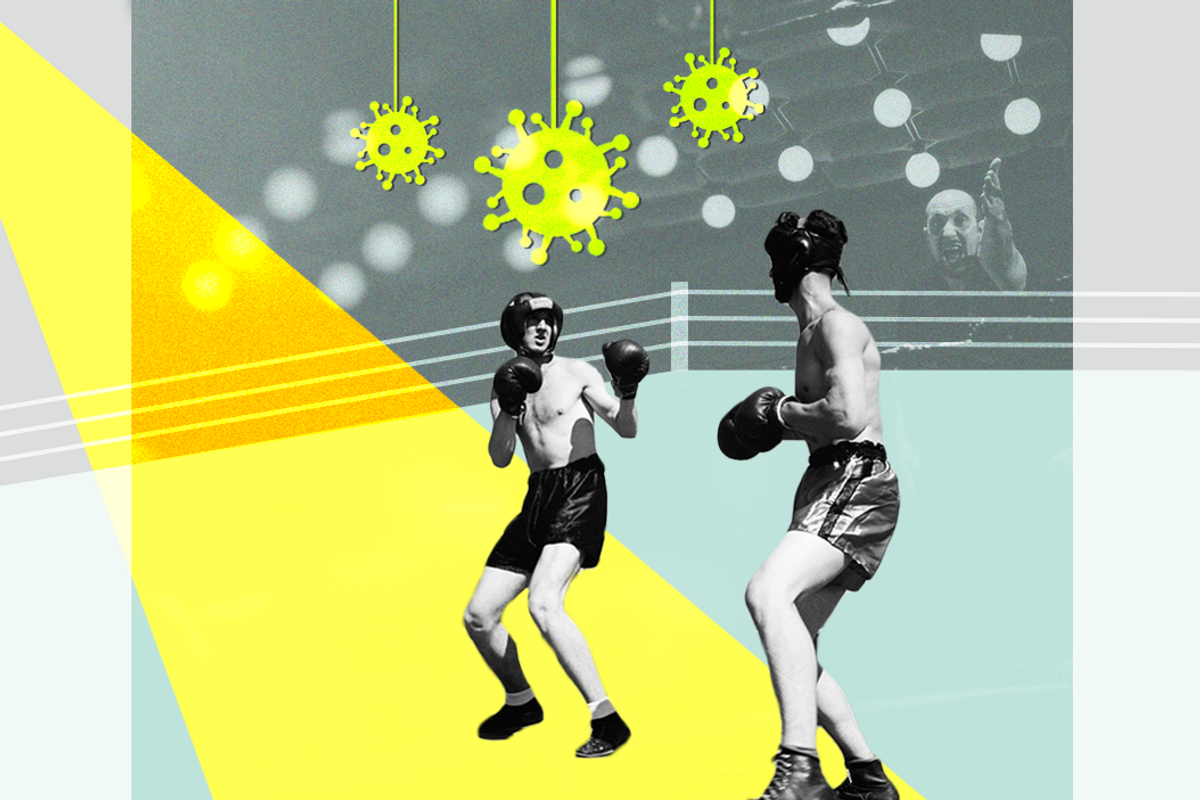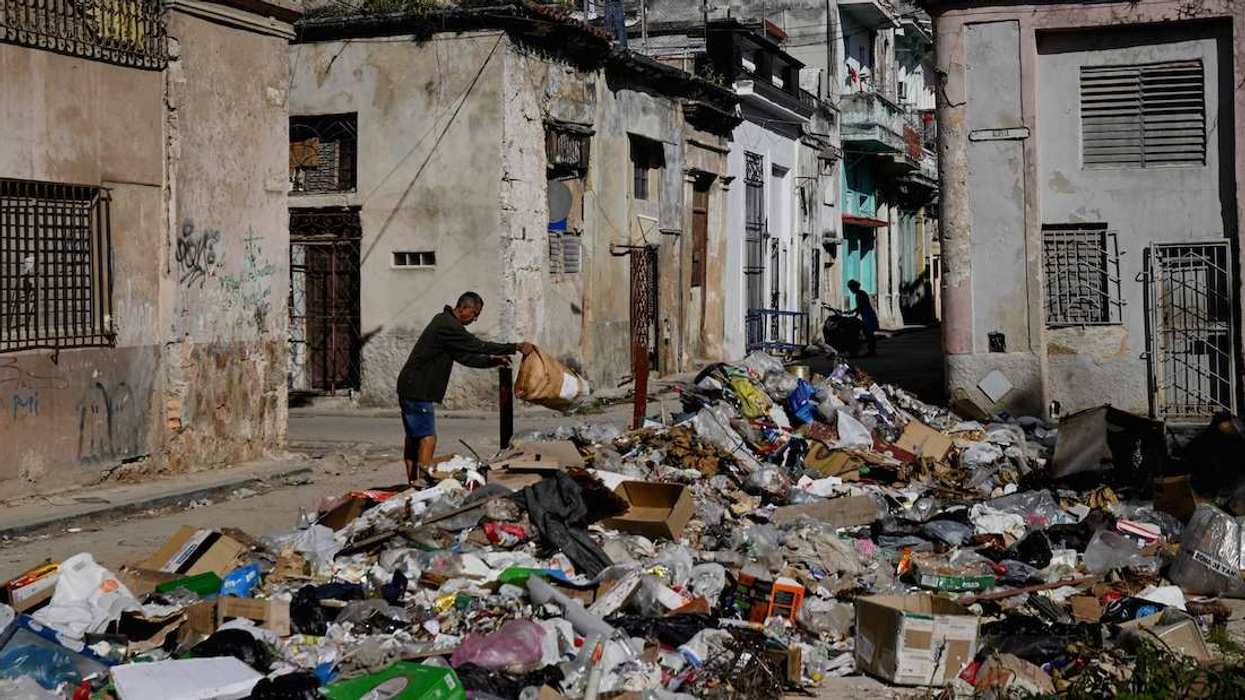On Wednesday, the Pew Research Center released a survey on the impact of the pandemic on political attitudes across 17 advanced economies. The results are startling and alarming.
A median of 60 percent say that COVID has increased political polarization in their countries. Just 34 percent said their nation feels more united. In some cases, perceptions of polarization have jumped by more than 30 percentage points since the pandemic began.
We encourage you to read the report itself, but today we want to focus on the underlying question of WHY the pandemic has widened divisions among voters in so many countries.
Here are a few theories….
Polarization is a product of fear. For some, the virus provoked fear of illness and death. For others, it provoked fear that government would use the virus to control citizens and restrict their most basic freedoms. These competing fears underlie the ferocious debates over, for example, whether and for how long to lock down schools and businesses and the extent to which vaccines should be required for entry into public gatherings.
The pandemic put ordinary people under extraordinary pressure. People fell ill. Lives and livelihoods were lost. Children were pulled from school and confined at home, creating new dilemmas for their parents. Conflicting information and fiery opinions heightened tension. Uncertainty over how long the pandemic would last provoked dread. Taken together, all these factors created pressure-cookers within societies that fueled political resentment.
The pandemic sharpened social tensions by further dividing haves from have-nots. COVID has been toughest on people who can't work from home and those already living closest to the edge economically. Debates over fairness have hardened already hard political feelings.
The pandemic gave governments greater power to restrict movement, to close businesses, to order injections, and to direct historic sums of money as they saw fit. Those powers, which are controversial even in normal times, made governments themselves a focal point in polarized societies under extreme pressure. Supporters of those in power defended their choices no matter what, while opponents found new grounds to criticize those same actions.
In this way, existing divisions of opinion over particular leaders and political parties sharpened conflicting views on COVID. That's true in countries like the United States and Brazil, where governments downplayed risk, and in places like India and the Philippines, where leaders at times took drastic action.
COVID gave us all a reason to fear one another. Will the unmasked person standing next to me infect me? Does the masked person looking at me on the street hate me because I refuse to wear a mask outside?
The "filter bubble" problem got worse. Even before the pandemic, people were turning to cable news channels, websites, and newspapers that aligned with their partisan loyalties, and COVID intensified that trend by pushing people toward sources of information they trusted. Media outlets and social media influencers often saw the pandemic as a "wedge issue" they could use to play on pre-existing biases of their audiences to further their own political and commercial goals.
The pandemic sharpened conflicting attitudes about "experts." For some people, respected scientists became a crucial source of potentially life-saving daily information. But others saw scientists change their minds and messages as research produced new information about the unique threat created by a novel coronavirus. Shifting messages – for example about whether to wear masks, how long it would take to get to herd immunity, etc. – fed cynicism about the reliability of public experts.
OK, Signal readers, tell us what you think. Why has the pandemic sharpened divisions where you live? What do you think can be done to unite people against a common threat? And can the polarization exacerbated by the pandemic ever be undone? Let us know here.



















